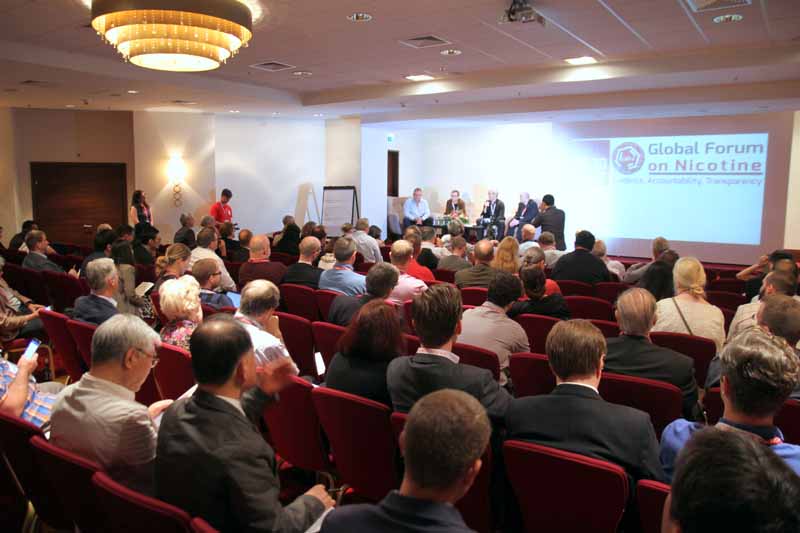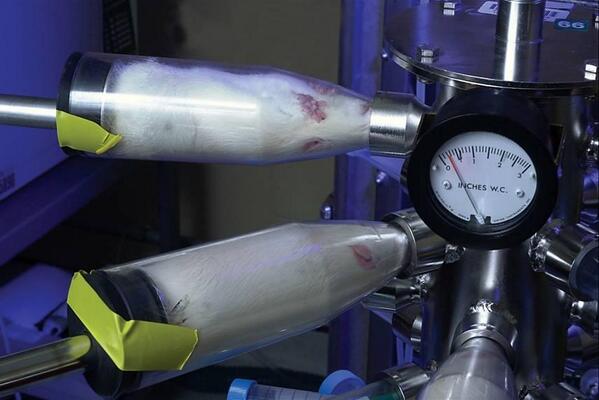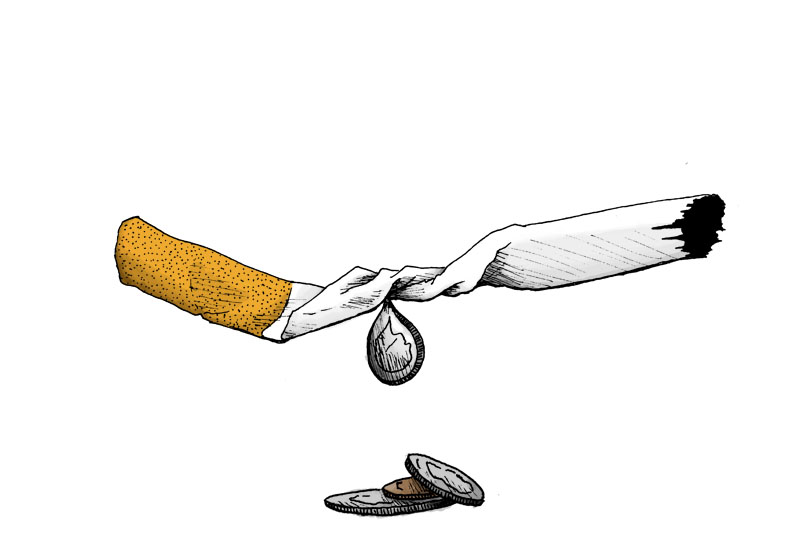Errant smokers who are issued a RM250 summons for flouting the no-tobacco-smoking rule in Malaysia’s eateries risk paying up to RM10,000 if they are hauled before a court, according to a story in The Star quoting the deputy health minister Dr. Lee Boon Chye.
Smokers who were issued summonses from July 1 would be hit with the maximum RM250 fine, he said.
However, offenders who failed to settle the summons would be hauled before a court.
“The courts can impose a maximum sentence of RM10,000 or two years’ jail,” the deputy minister said when replying a supplementary question during Question and Answer time in the Dewan Rakyat (lower house of Parliament) yesterday.
At the same time, Lee added that the ministry would consider expanding the smoking ban to cover other areas.
“There are some countries which have banned smoking in cities altogether, only allowing it in specific areas,” he said.
Lee assured lawmakers that the Government was committed to implementing the World Health Organization’s Framework Convention on Tobacco Control (FCTC), which Malaysia had ratified in 2005.
However, he said that implementation of the FCTC protocols would be done in stages, including one that would require cigarettes to be sold only in standardized packaging.
“Plain cigarette packaging was proposed by the Health Ministry under the previous administration,” Lee was quoted as saying.
“The proposal was withdrawn following resistance and objections.”









